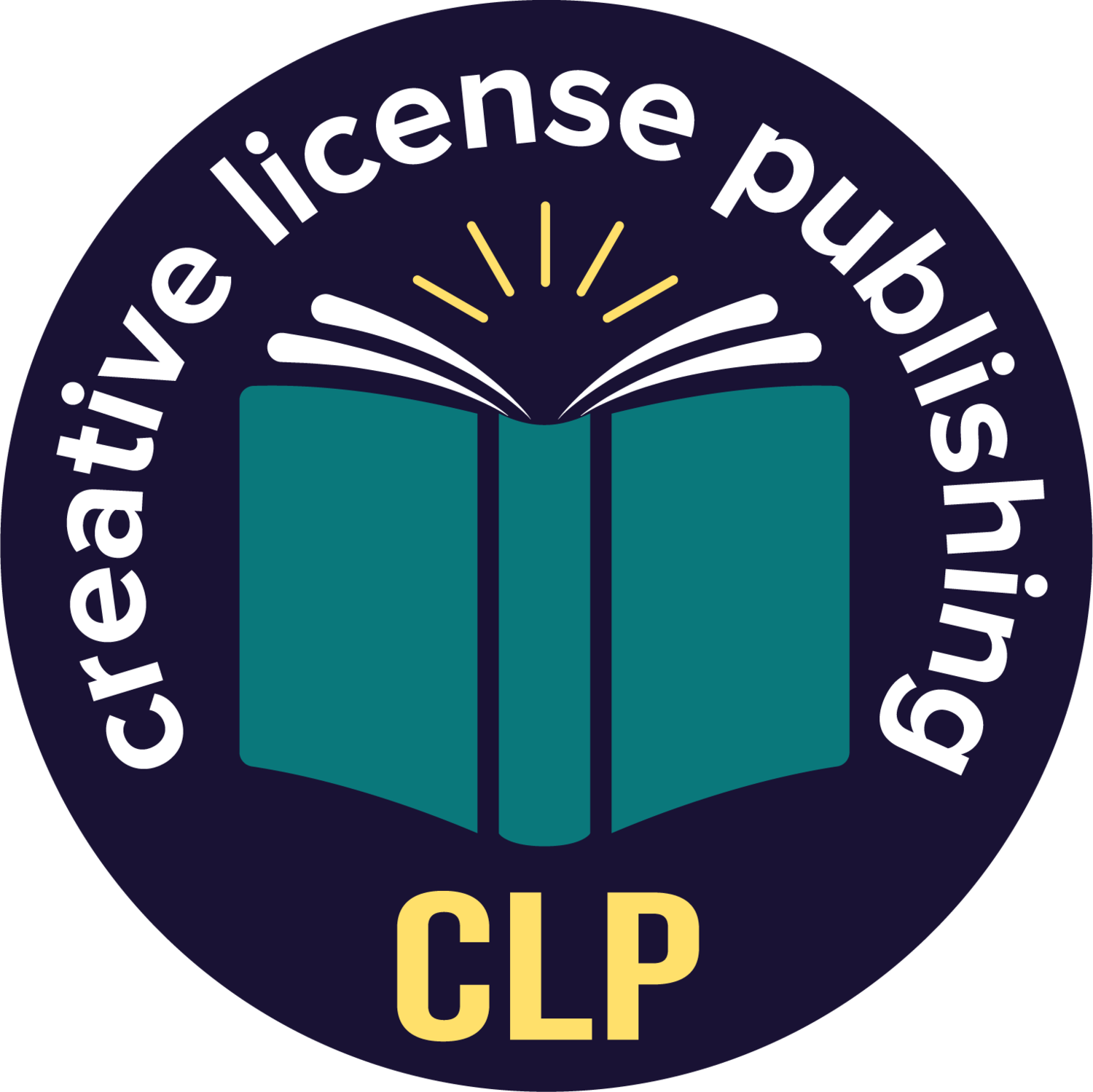Beta Reads, Edits, and Proof Reads - What's the Difference?
Someone on Twitter questioned the difference between a beta read, an edit, and a proofread. Knowing my answer would be too lengthy, I decided to clarify in a blog. Yet before I begin, it should be noted that the question was phrased to suggest each of these things are one and the same and aren’t collectively necessary. I assure you they are not one and the same and that each is absolutely necessary to produce a quality read.
Beta reads are when someone reads a manuscript as if it were a published novel and provides the writer with a written critique. First, not all beta reads are created equal. However, they should focus on things such as: capturing and keeping a reader’s interest, plot, consistency, flow, pace, and character development for starters. Second, when choosing a beta reader make sure to find someone from your target market. If you write a romance novel and your beta reader’s literary interest are in historical non-fiction, then the value of their critique will be diminished. Third, the reader must be someone who can critique your work without bias—they must be independent.
Next, there are two types of edits any writing must receive: content or developmental and copy. A content edit looks for continuity, pace, character development, plot, and the overall ability of the writer to capture and keep the reader’s interest. Copy edits focus on the mechanics of writing, making sure the sentence structure, word usage, and punctuation for example are appropriate. Just as with selecting a beta reader, when choosing your editor or editors make sure they are well versed in your genre and are independent.
A proofread is that final step to make sure the prior edits/critiques caught everything. Writing is no different than any other task you complete. Quality always depends on taking one last look. Like any good carpenter would say, measure twice and cut once. This step may seem superfluous but as someone who has done it many times for clients, it is worth every minute and money spent.
The distinctions between beta reads, edits, and proofreads should be clear but the issue of independence requires further amplification. Countless times I’ve heard from clients or potential clients who stated they’ve either done their own editing or asked family or friends to assist them. You, your family, or friends do not qualify as independent beta readers, editors, or proofreaders. An independent review must be performed by a professional who can objectively review your work and provide feedback to elevate your work. Grandma’s review of how she loved your story, will not enhance your writing.
Your friends give it a thumbs up!? Great! But keep reading…
So, if all of these steps are necessary, why do so many self-published writers avoid them? Most will tell you that it’s financially not possible, or that they belong to a writing group that edits their work, or that they have friends and family do it. Again, friends, family, and yes even writing groups (see blog on writing groups) are no substitute for independent reviews. As for those with financial constraints, I am completely sympathetic. I can commiserate. In fact, it’s why I started Creative License Publishing and why our business model focuses on producing high quality reads at a lower cost—it’s been our motto from day one.
So, if you are contemplating whether or not to invest in these reviews, here is some sage advice:
· Ask other writers for recommendations for beta readers, editors, or proofreaders.
· Avoid large, commercialized shops who will never give you individual attention and extra time.
· Ask for several estimates. Estimates and initial consultations, if the firm or individual is reputable, they should be free. If they aren’t, run.
· Avoid pushy sales pitches. An editor or writing firm worth their work won’t pressure you.
· Make sure the individual reading and critiquing your work, either worked with your genre successfully in the past, or they are your target reader.
· Beta readers can vastly reduce the costs of edits if you get the right one. Ask to see a sample of their written critiques. If you get a detailed beta read, it should reduce the time an editor needs to spend on your manuscript—with edits, time is money.
As a writing consulting and hybrid firm we strive for quality on every book we edit and/or publish. There is no reason self-published works should be stigmatized as less than any book out of a large publishing house. Investing in your work is critical to achieve a quality read. If you think you can’t afford these services, contact us for both a free initial consultation and estimate. We intimately understand the struggle and are passionate about helping you achieve your dreams while staying within your budget. Contact us today at info@creativelicensepublishing.com—it never hurts to ask!
The Ten Steps to Self-Publishing Success Checklist by CLP is an essential guide for every author’s journey. It includes valuable steps and information about how to get prepared for self-publishing. We hope it sparks you to get writing, and get published!
Creative License Publishing helps you every step of the way on your writing journey.
Request a free consult to learn more about what you can do to get started toward your publishing goal:




